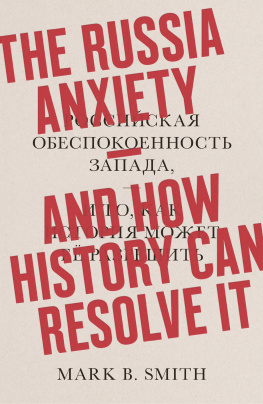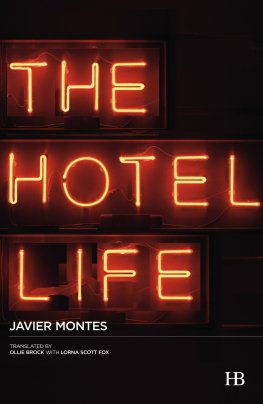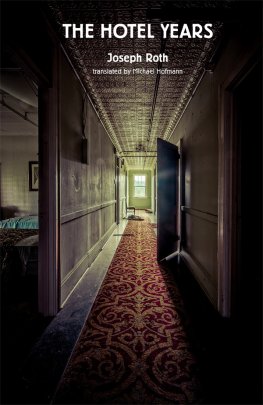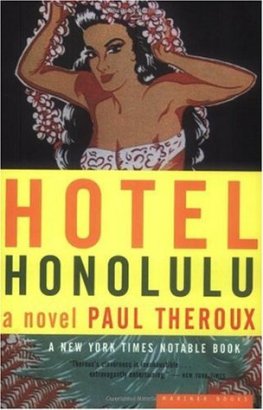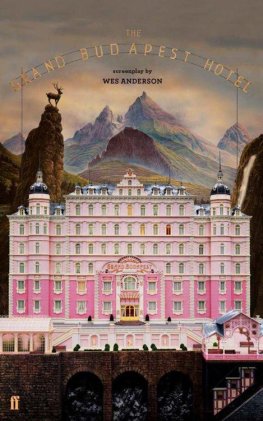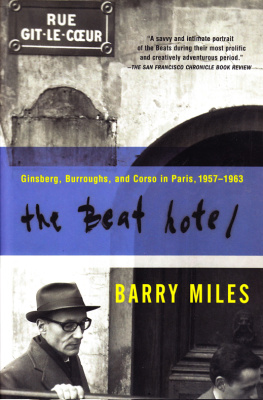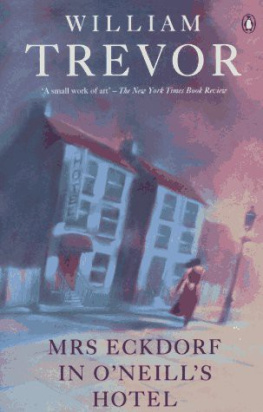Smith - The Electric Hotel
Here you can read online Smith - The Electric Hotel full text of the book (entire story) in english for free. Download pdf and epub, get meaning, cover and reviews about this ebook. City: New York, year: 2019, publisher: Farrar, Straus and Giroux;Sarah Crichton Books, genre: Detective and thriller. Description of the work, (preface) as well as reviews are available. Best literature library LitArk.com created for fans of good reading and offers a wide selection of genres:
Romance novel
Science fiction
Adventure
Detective
Science
History
Home and family
Prose
Art
Politics
Computer
Non-fiction
Religion
Business
Children
Humor
Choose a favorite category and find really read worthwhile books. Enjoy immersion in the world of imagination, feel the emotions of the characters or learn something new for yourself, make an fascinating discovery.

- Book:The Electric Hotel
- Author:
- Publisher:Farrar, Straus and Giroux;Sarah Crichton Books
- Genre:
- Year:2019
- City:New York
- Rating:4 / 5
- Favourites:Add to favourites
- Your mark:
- 80
- 1
- 2
- 3
- 4
- 5
The Electric Hotel: summary, description and annotation
We offer to read an annotation, description, summary or preface (depends on what the author of the book "The Electric Hotel" wrote himself). If you haven't found the necessary information about the book — write in the comments, we will try to find it.
Smith: author's other books
Who wrote The Electric Hotel? Find out the surname, the name of the author of the book and a list of all author's works by series.
The Electric Hotel — read online for free the complete book (whole text) full work
Below is the text of the book, divided by pages. System saving the place of the last page read, allows you to conveniently read the book "The Electric Hotel" online for free, without having to search again every time where you left off. Put a bookmark, and you can go to the page where you finished reading at any time.
Font size:
Interval:
Bookmark:
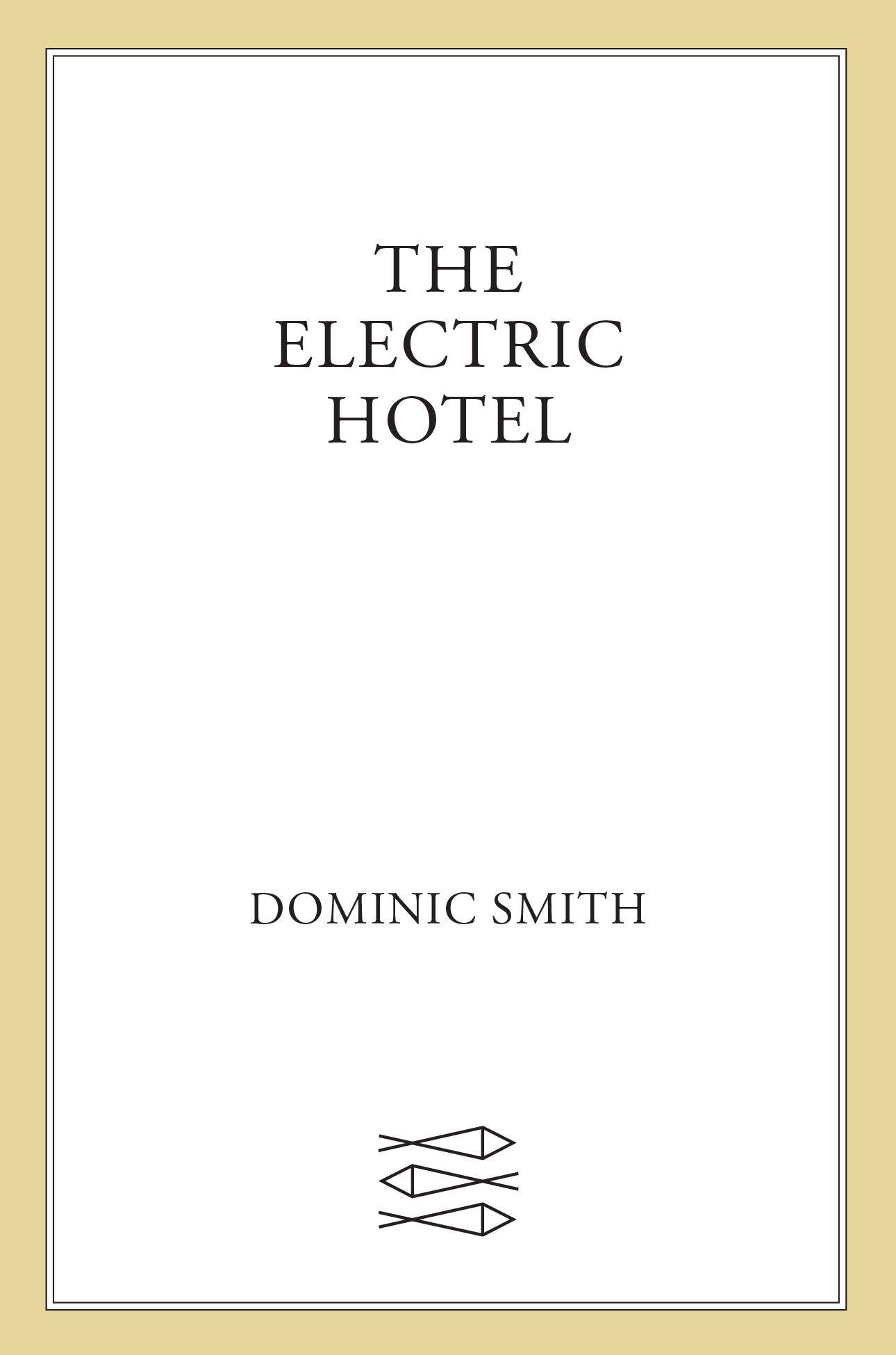

The author and publisher have provided this e-book to you for your personal use only. You may not make this e-book publicly available in any way. Copyright infringement is against the law. If you believe the copy of this e-book you are reading infringes on the authors copyright, please notify the publisher at: us.macmillanusa.com/piracy.
For James Magnuson, who taught us how to love the work
The cinema is an invention without a future.
attributed to Louis Lumire
According to the Library of Congress, more than 75 percent of all silent films have been lost. Much of that is due to the unstable medium itselfcelluloid nitrate is both highly flammable and prone to decay. Every now and again, a film thought to be lost forever shows up somewhere in the world, in an archive drawer or as a foreign print sitting in a far-flung attic or basement.
The Electric Hotel is the name of a silent trick film made by the early Spanish director Segundo de Chomn and released as El hotel elctrico in 1908. Thought to be lost for many years, the film was rediscovered and now resides in the Filmoteca Espaola film archive. Ive borrowed the germ of the film, and the title, for my own dramatic purposes.
.jpg)
Each morning, for more than thirty years, Claude Ballard returned to the hotel lobby with two cameras strapped across his chest and a tote bag full of foraged mushrooms and herbs. His long walking circuit took in Little Armenia, where he photographed rug sellers smoking cigarettes in the dawning light or, more recently, the homeless college dropouts and beatniks along Sunset Boulevard, striplings, the doorman called them, the ambassadors of Hollywood ruin. This morninga crisp sunny day in December of 1962hed also foraged up into the hills and canyons and now sat in his usual chair, leaning over a coffee table with a pair of nail scissors, trimming the stems of oyster mushrooms and the lacy fronds of wild fennel. He wore a threadbare glen plaid suit with Swiss mountaineering boots, a crumpled white handkerchief flaming like a moth orchid from his breast pocket.
His appointment was late so he began to delicately insert the trimmed plants into envelopes, the hotel managers English setter, Elsie, nuzzled and sleeping at his feet. Claude could remember a lineage of hotel setters and bloodhounds, purebreds that slept in the lobby and rode the elevators when they were bored or hungry. Speck, the first mascot, was a forager in his own right, moving between the eleven floors where residents and guests left out their breakfast dishes. D. W. Griffith, whod made the first American epic, used to coax Speck into his room with bacon and eggs. When he died of a stroke under the lobby chandelier in 1948, all but forgotten, the dog kept vigil outside his room every morning for a month.
Claude watched Elsie breathe and twitch at his feet, transported into a dream chase, he imagined, by the smell of damp underbrush and ragweed that clung to his trousers and boots. He looked out through the glass doors for a sign of his visitor, but only the doorman, Sid, was standing there in his gold-trimmed cap and epaulets. From this vantage point, he appeared to Claude like a war-weary admiral standing alone on a dock, staring out to sea, hands clasped behind his back. He still dressed as if he opened doors for Bob Hope and Jack Benny.
But the truth was the Knickerbocker Hotels best days were far behind it. If the lobby had once resembled an elegant Spanish Colonial outpost, with its stenciled, hand-painted ceilings and Moorish tapestries, it now resembled a Madrid funeral home on hard times. Frayed cordovan carpets, dusty ferns in copper pots, velvet gondola couches marooned in pools of fifteen-watt lamplight. Celebrities once sat in easy chairs smoking cigars or reading Variety, but now an unemployed screenwriter was taking his pet iguana for a morning stroll and Susan Berg, an actress of the silent era, stood in her robe whispering a monologue to an empty chaise longue.
Over the rim of Claudes bifocals, Susan appeared as a winking silhouette, a corona of daylight streaming in behind her from the street. Her words were mostly lost, her face turned away, her voice soft and worn. She delivered this speech a few mornings a week, always in the same alcove, where insurance clerks or secretaries on their way to the Guaranty Office Building might glimpse her through the front windows. These were the last lines shed ever spoken on camera, dialogue intended not to be heard but to be printed on intertitle cards. Claude sometimes caught a single phrase or word from the murmured speech, and the line Why single me out for revenge? had stayed with him. Shed told him that it was from a 1922 Western called Comanche Bride, but Claude couldnt recall it. By the time of its release, his directing days were over and the medium was dead to him.
There were other refugees of the silent era still living at the hotela one-time makeup artist who cut hair in her room, a master carpenter who did odd jobs around the neighborhood, a widowed British actor whod barricaded himself in his two-room suite during the Cuban missile crisis back in October. Claude kept an eye out for them, offered to pick up prescriptions or newspapers on his walks, brought takeout up from the lobby when one of them was under the weather, but although they were friendly they never talked about the old days. And they never mentioned Susan Bergs lobby monologues or the silent era memorabilia Claude had stashed away in his small suite.
When Claude thought about the hotels heyday, he remembered the house band, the Hungarian Symphonette, playing out on the Lido patio while celebrities danced or, later, Houdinis widow holding a sance on the rooftop to commune with the escape artist, or the time that Elvis recorded Love Me Tender in room 1016. Hed witnessed and photographed the passing of a golden, burnished epoch. A passenger sitting at the window on a train at dusk, it seemed to him now. In 1954, Claude had met Marilyn Monroe in the elevator after shed eloped with Joe DiMaggio, a canvas bag of mushrooms hung over Claudes shoulder, and shed been kind enough to ask him about his foraging expeditions. Somewhere in his suite, he had an undeveloped negative of the actress holding up a black elfin saddle mushroom as if it were a dead mouse. Later, in the lobby, she blew him a kiss and called him the mushroom hunter from the elevator, oblivious to the fact that he was a film pioneer.
When the newspapers reported Marilyn Monroes suicide in her Brentwood home back in August, hed thought about her in the elevator, imagined her forever rising between floors toward the sundeck. He remembered her holding a towel and a transistor radio, smelling of rose-hip shampoo and cigarettes, girlish and shy behind her oversized sunglasses. That was how history showed up at the Knickerbocker, fleetingly and behind smoked glass. The hotel was once a place to be seen and now it was a place to hide or disappear, sometimes forever.
For the most part, the suicides on the eleventh floor were gruesomely quiet affairsbarbiturate overdoses or the lancing of arteries in a bathtub. But in November, a costume designer had left the world noisily and it rattled Claude in a way he couldnt explain. Hed been out on the sidewalk talking to Sid, returning from one of his walks, perhaps holding up an exemplary sprig of chervil into the sunlight, when he looked up and saw Irene Lentzhe would learn her name latersitting on the ledge of a bathroom window on the top floor. She sat there calmly for a moment, kicking her bare feet back and forth, testing the air as if it were a swimming pool, and then she edged off the sill. She shot down toward the concrete awning, flailing and screaming, and Claude felt his hands rise involuntarily above his head as she fell. She landed right behind the neon Hollywood sign with a sound that left nothing to the imagination.
Font size:
Interval:
Bookmark:
Similar books «The Electric Hotel»
Look at similar books to The Electric Hotel. We have selected literature similar in name and meaning in the hope of providing readers with more options to find new, interesting, not yet read works.
Discussion, reviews of the book The Electric Hotel and just readers' own opinions. Leave your comments, write what you think about the work, its meaning or the main characters. Specify what exactly you liked and what you didn't like, and why you think so.



